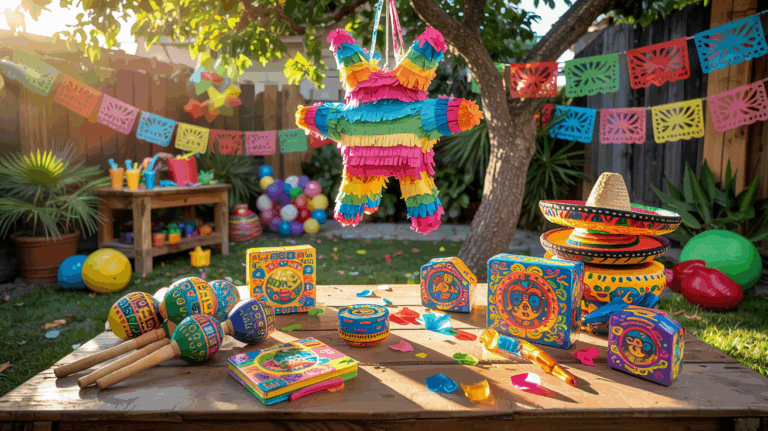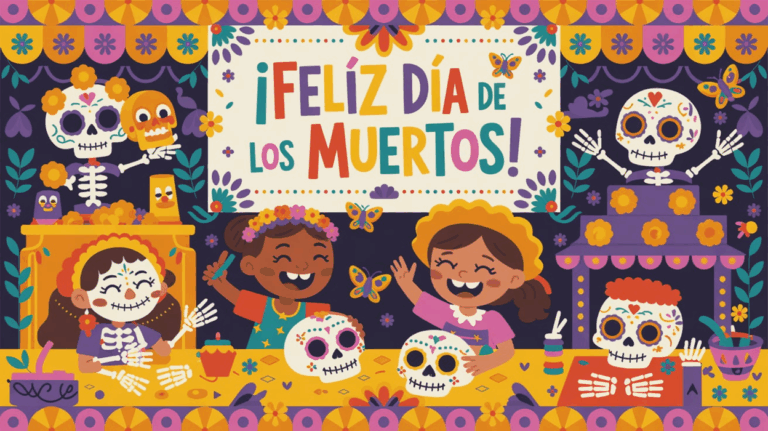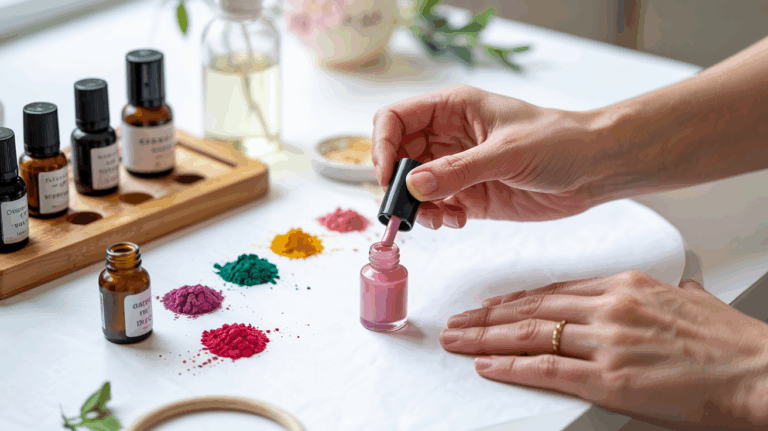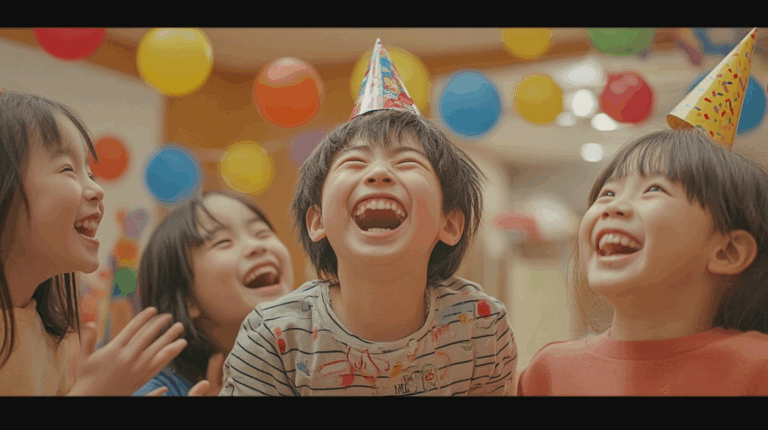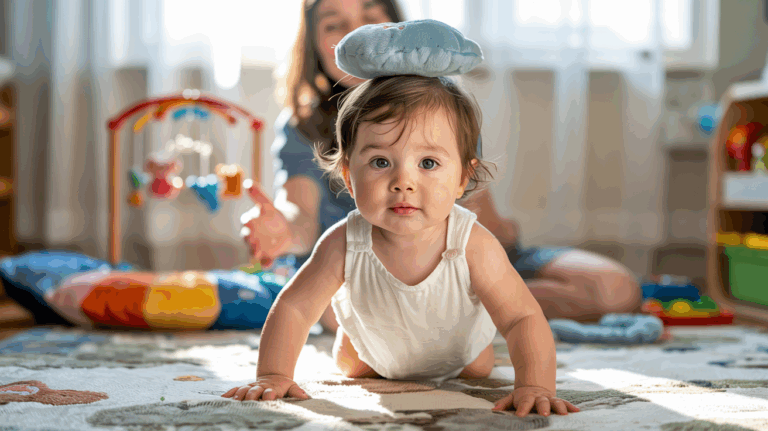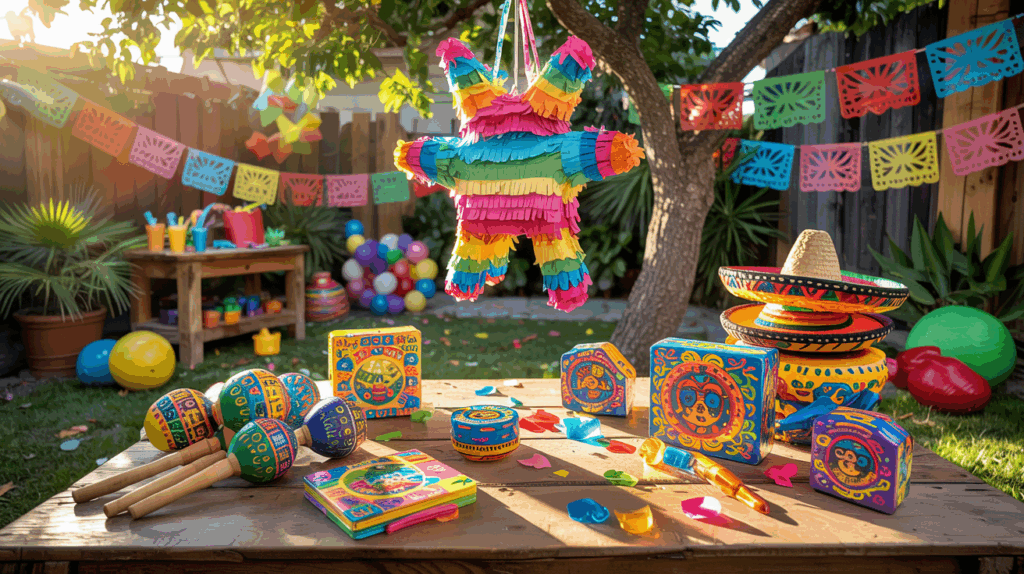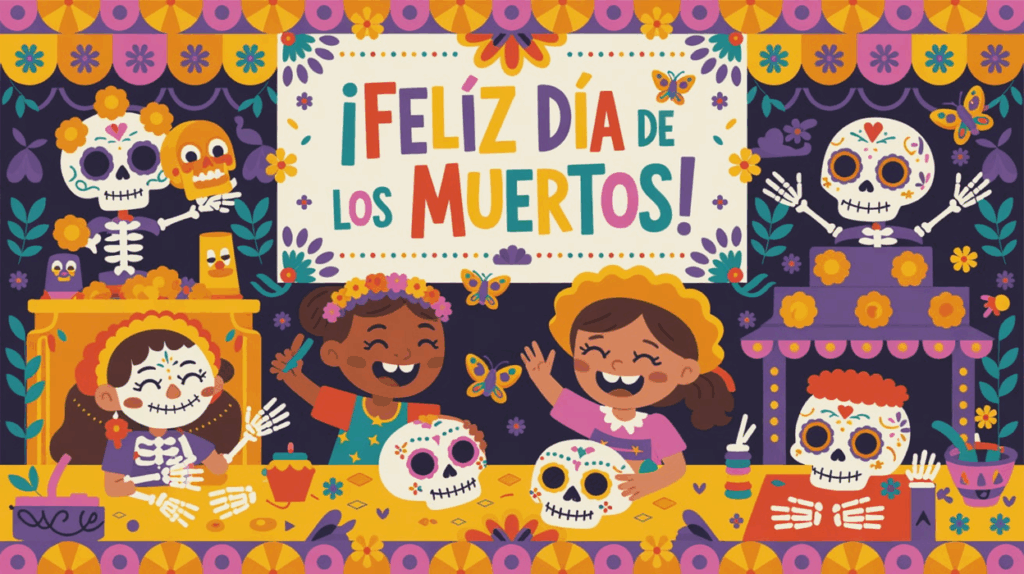Got it wet. Have you ever been stumped by a riddle that seems impossible to solve? We’ve all faced those brain teasers that make perfect sense once you know the answer, but leave you scratching your head until then.
This classic riddle – “What gets wetter the more it dries?” – has confused people for generations. Many overthink it, looking for complex solutions involving evaporation or chemical processes.
Others give up too quickly, assuming it’s a trick question with no logical answer.
Let’s walk you through this deceptively simple puzzle that trips up even the smartest folks. We’ll explore why it works so well as a riddle and what makes the answer both obvious and brilliant once you see it.
A Towel: The Surprising Answer to The Riddle – “What Gets Wetter the More It Dries?”
Have you ever heard the riddle “What gets wetter the more it dries?” Many people scratch their heads trying to figure it out. The answer is simple: a towel!
Think about what a towel does. When you step out of the shower, you use a towel to dry your body. When your hands are wet, you grab a towel. After washing dishes, you might use a towel to dry them off.
Each time a towel dries something, it soaks up water. This means the towel gets wet while it’s doing its job of drying other things.
The riddle is clever because it plays with words in a tricky way. The towel is “drying” (helping other things become dry), but at the same time, it’s getting wet itself.
What makes this riddle fun is how simple the answer is. Once you know it’s a towel, it seems so obvious! But many people think too hard and miss the simple answer right in front of them.
Riddles like this help us look at everyday objects in new and interesting ways. So next time you use a towel, remember its special power – it gets wet while drying!
How the Riddle Works – The Power of Wordplay
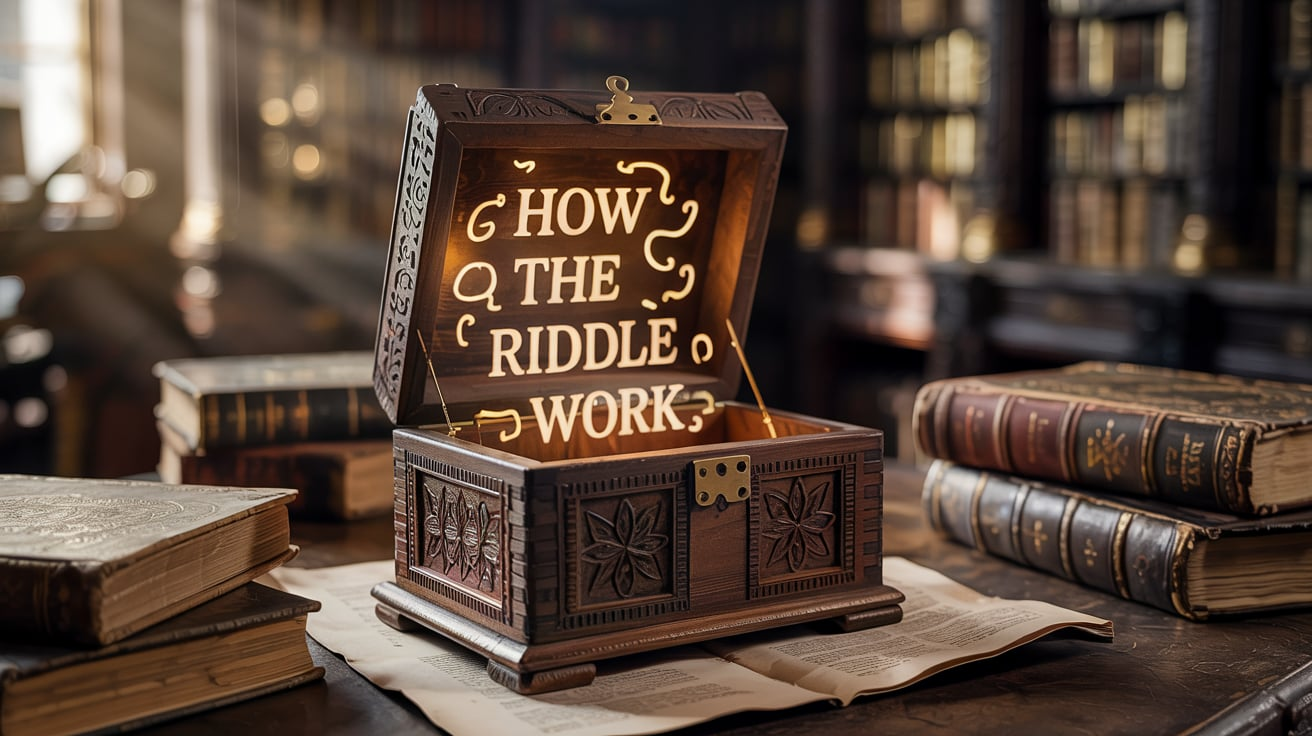
Riddles use words in clever ways to trick our brains. The towel riddle works because of a simple word trick that makes us think differently.
The magic happens with the word “drying.” This word has two meanings in the riddle. First, it means “making something else dry” – what a towel does to your body. Second, it could mean “becoming dry itself” – which is what we first think the riddle is asking.
When we hear “what gets wetter the more it dries?” our brain thinks, “What gets wet while becoming dry?” This seems impossible! But the riddle is really asking, “What gets wet while making other things dry?” The answer is a towel.
This is called a “double meaning” trick. Riddle makers love using words that can mean different things. It makes our brains work in new ways.
Good riddles don’t just test if we know facts. They test whether we can think flexibly about words and meanings. They make us look at common words from new angles.
Next time you hear a tricky riddle, look for words that might have more than one meaning. This often helps find the answer that was hiding in plain sight!
Mind-Bending Riddles That Will Keep You Thinking
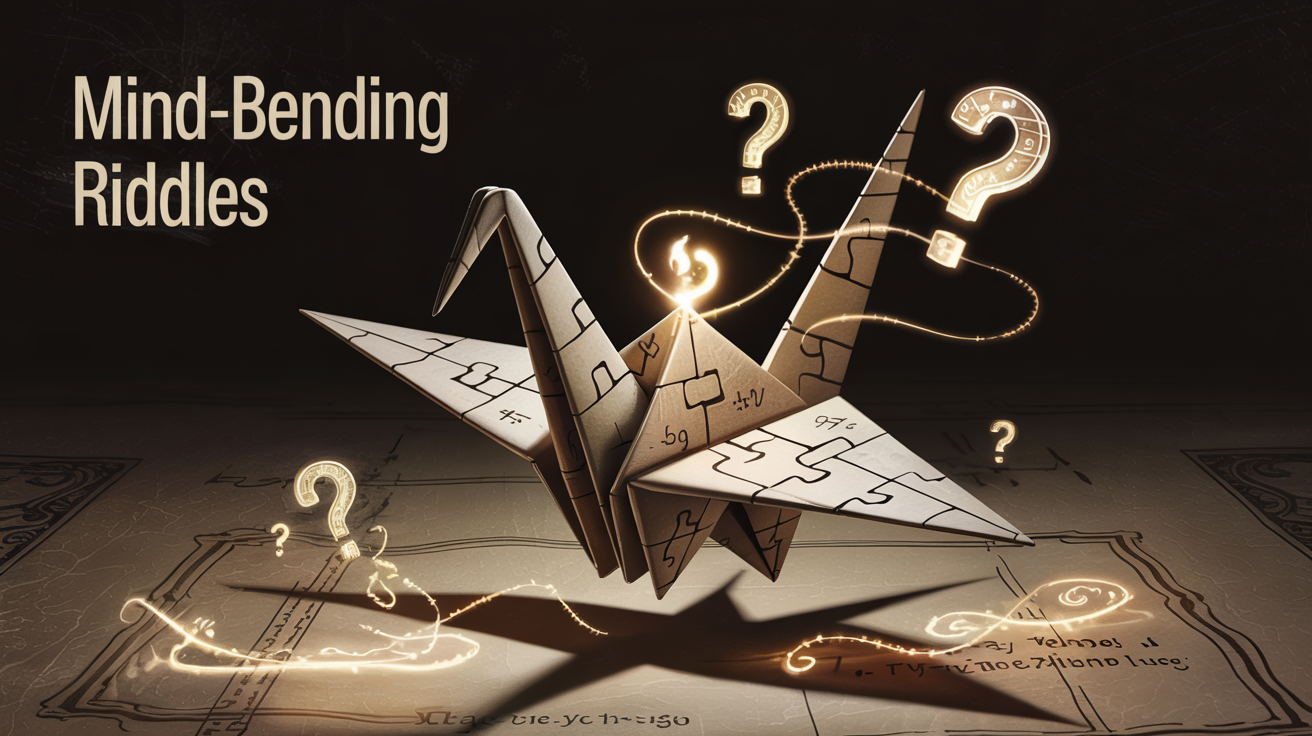
-
“What becomes wetter the more you wash it?”
A towel. -
“What can be filled with water, but is empty when it is dry?”
A sponge. -
“What gets bigger the more you take away?”
A hole. -
“What can hold water but never gets wet?”
A towel. -
“What grows as it is used but never gets bigger?”
A sponge (as it soaks up more water). -
“What has a neck but no head?”
A bottle. -
“What is heavy forward but not backward?”
A ton (ton is a wordplay riddle, focusing on the inversion). -
“What can be broken, but never held?”
A promise. -
“What can fill a room but takes up no space?”
Light. -
“What’s black and white and red all over?”
A newspaper. -
“What is always in front of you but can’t be seen?”
The future. -
“What comes once in a year, twice in a week, but never in a day?”
The letter “E.” -
“What goes up but never comes down?”
Your age. -
“What has keys but can’t open locks?”
A piano. -
“What starts with an E, ends with an E, but has only one letter?”
An envelope. -
“What has a face but no eyes?”
A clock. -
“What can be touched but never held?”
A thought. -
“What always runs but never walks?”
Water (in a stream or river). -
“What comes down but never goes up?”
Rain. -
“What is full of holes but still holds a lot of weight?”
A net. -
“What gets sharper the more you use it?”
Your mind. -
“What gets larger the more you take away?”
A hole. -
“What has a tail but no body?”
A coin. -
“What has many keys but can’t open any doors?”
A keyboard. -
“What gets wetter the longer it dries?”
A towel. -
“What gets better the more you use it?”
Knowledge. -
“What is invisible and makes things visible?”
Light. -
“What has no life but can still grow?”
A crystal. -
“What has feet but can’t walk?”
A ruler. -
“What is always moving but never goes anywhere?”
Time. -
“What can you keep after giving to someone?”
Your word. -
“What is something you can give but never take?”
Advice. -
“What comes in many forms, but is never the same twice?”
A shadow.
Philosophical Perspectives: What’s Behind the Riddle’s Logic
Riddles like the towel puzzle teach us big ideas while making us think. Let’s look at the deeper meaning behind this simple riddle.
- First, this riddle shows us that things can be two ways at once. A towel can be both a dryer (of other things) and something getting wet.
- In philosophy, this is called a “paradox” – when something seems to contradict itself but is actually true.
The riddle also teaches us about purpose versus effect.
- A towel’s purpose is to dry things, but the effect on the towel itself is getting wet.
- This makes us think about how actions can have opposite results than what we intend.
Another big idea here is about perspective.
- From one view, the towel is doing its job perfectly.
- From another view, it’s getting soaked and not staying dry itself.
- Both views are correct at the same time!
The towel riddle seems simple, but it actually shows us how complex thinking can be. It reminds us that many things in life aren’t just one way or another – they can be both at once.
- This is why riddles have been used for thousands of years to teach wisdom.
- They train our brains to see beyond simple yes/no thinking into a world where multiple truths can exist together.
The Bottom Line
This seemingly simple riddle about a towel shows us the magic hiding in plain sight. By playing with the dual nature of “drying,” it teaches us to look beyond our first assumptions and consider multiple perspectives.
The towel – an item we use daily without much thought – becomes a gateway to understanding paradox, purpose, and perception.
Next time you dry your hands or step out of the shower, you might look at your towel a bit differently. And perhaps you’ll share this riddle with someone else, passing along both a brain teaser and a small lesson in flexible thinking.
What other everyday objects might contain similar hidden insights? The world around us is full of such puzzles.




